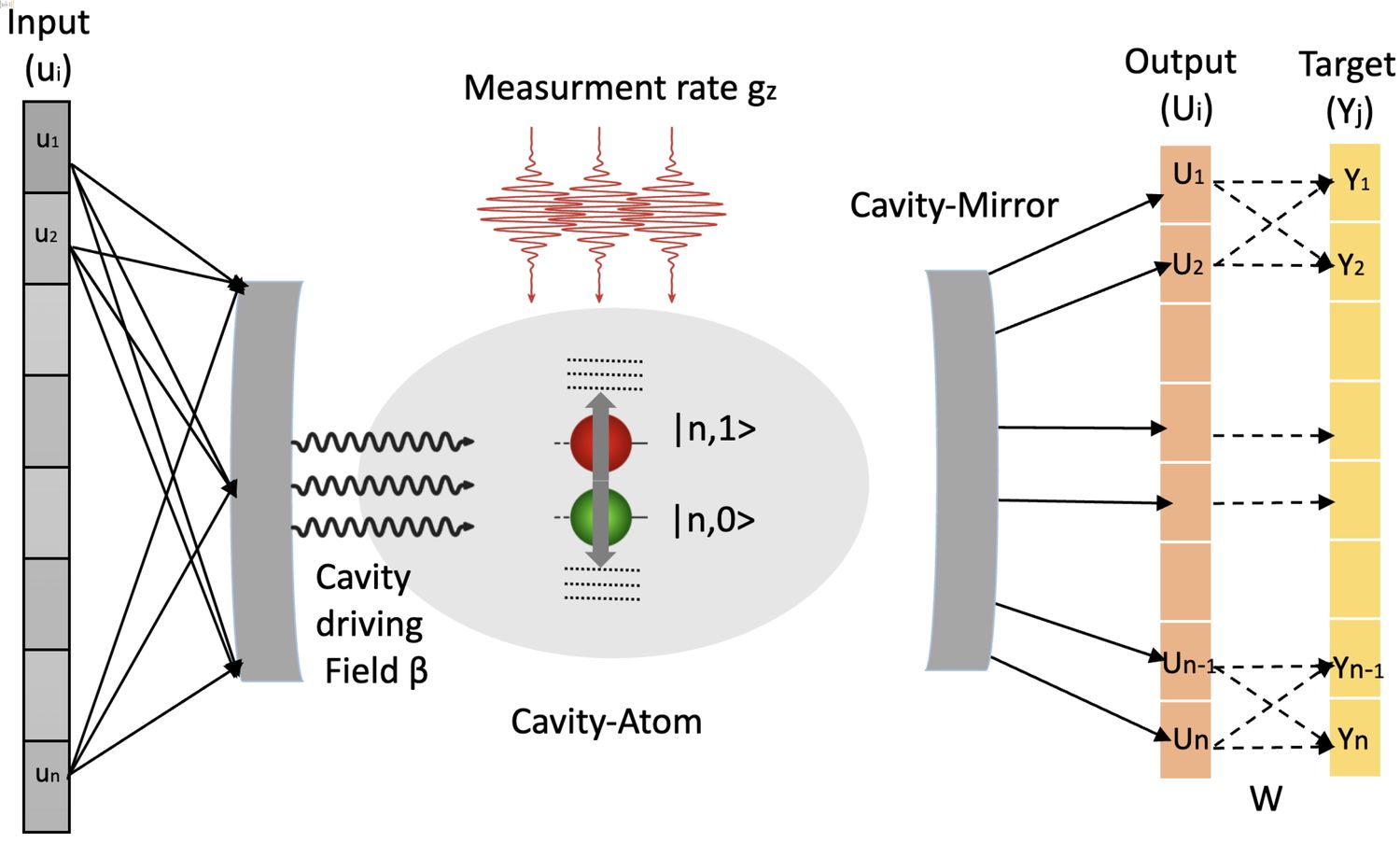
Quantum Reservoir Engineering is a cutting-edge field that manipulates quantum systems to achieve desired outcomes. But what exactly is Quantum Reservoir Engineering? It is the process of controlling and utilizing the environment of a quantum system to enhance its performance or create specific quantum states. This technique has vast applications, from improving quantum computing to advancing quantum communication. Imagine being able to tweak the surroundings of a quantum bit (qubit) to make it more stable or to force it into a particular state. This is what Quantum Reservoir Engineering aims to achieve. By understanding and controlling the interactions between a quantum system and its environment, scientists can unlock new potentials in technology and research. Ready to dive into 32 fascinating facts about this groundbreaking field? Let's get started!
What is Quantum Reservoir Engineering?
Quantum Reservoir Engineering (QRE) is a fascinating field that manipulates quantum systems to achieve desired states. It involves controlling the environment, or "reservoir," surrounding a quantum system to influence its behavior.
- Quantum Reservoir Engineering is used to stabilize quantum states that would otherwise be unstable.
- This technique can enhance quantum computing by reducing errors caused by environmental noise.
- QRE can create entangled states, which are crucial for quantum communication and cryptography.
- Scientists use QRE to study fundamental quantum mechanics principles in controlled settings.
How Does Quantum Reservoir Engineering Work?
Understanding the mechanics behind QRE involves delving into how quantum systems interact with their environments.
- QRE manipulates the interaction between a quantum system and its environment to control the system's evolution.
- It often employs feedback control mechanisms to maintain desired quantum states.
- QRE can use engineered reservoirs, such as specially designed electromagnetic fields, to influence quantum systems.
- This field leverages quantum feedback networks to dynamically adjust system parameters.
Applications of Quantum Reservoir Engineering
The practical uses of QRE span various industries, from computing to secure communications.
- Quantum computing benefits from QRE by achieving more stable qubits, the basic units of quantum information.
- Quantum cryptography uses QRE to create secure communication channels that are virtually unhackable.
- Quantum sensors become more precise with QRE, improving measurements in fields like medicine and geology.
- Quantum simulations of complex molecules and materials are more accurate with QRE techniques.
Challenges in Quantum Reservoir Engineering
Despite its potential, QRE faces several hurdles that researchers are working to overcome.
- Decoherence is a significant challenge, where quantum states lose their coherence due to environmental interactions.
- Scalability is another issue, as controlling larger quantum systems requires more complex reservoirs.
- Technical limitations in current technology make it difficult to implement QRE on a large scale.
- Resource requirements for QRE are high, needing advanced materials and precise control mechanisms.
Future of Quantum Reservoir Engineering
The future of QRE looks promising, with ongoing research and technological advancements paving the way for new discoveries.
- Quantum internet could become a reality with QRE, enabling ultra-fast and secure global communication.
- Quantum AI might leverage QRE to process vast amounts of data more efficiently than classical AI.
- Quantum biology could emerge, using QRE to study biological processes at the quantum level.
- Quantum materials designed with QRE could revolutionize electronics and materials science.
Notable Researchers in Quantum Reservoir Engineering
Several scientists have made significant contributions to the field of QRE, pushing the boundaries of what is possible.
- John Preskill is known for his work on quantum error correction, which is closely related to QRE.
- Seth Lloyd has contributed to the understanding of quantum systems and their interactions with environments.
- David Wineland received a Nobel Prize for his work on controlling quantum systems, a key aspect of QRE.
- Peter Zoller has made significant advancements in quantum optics and QRE techniques.
Real-World Examples of Quantum Reservoir Engineering
Examples of QRE in action demonstrate its potential and versatility.
- Google's Sycamore processor uses QRE to maintain qubit coherence, achieving quantum supremacy.
- IBM's Quantum Experience platform employs QRE to provide stable quantum computing services to users.
- D-Wave's quantum annealers use QRE to optimize problem-solving processes in various industries.
- Rigetti Computing integrates QRE in its quantum processors to enhance performance and reliability.
Educational Pathways for Quantum Reservoir Engineering
Aspiring QRE researchers need a strong foundation in several scientific disciplines.
- Physics is essential, particularly quantum mechanics and electromagnetism.
- Computer science knowledge is crucial for understanding quantum algorithms and simulations.
- Engineering skills are needed to design and build the complex systems used in QRE.
- Mathematics provides the tools for modeling and analyzing quantum systems and their interactions.
The Final Word on Quantum Reservoir Engineering
Quantum Reservoir Engineering (QRE) is a game-changer in the world of quantum mechanics. It allows scientists to manipulate quantum systems in ways that were once thought impossible. By controlling the environment around a quantum system, QRE can stabilize qubits, making quantum computers more reliable. This technology isn't just theoretical; it's already being used in labs around the globe to push the boundaries of what's possible in computing, communication, and even cryptography.
Understanding QRE can open doors to new technological advancements. Whether you're a student, a researcher, or just someone curious about the future of technology, knowing about QRE gives you a glimpse into the next big leap in science. So, keep an eye on this field; it's set to revolutionize how we understand and interact with the quantum world.
Was this page helpful?
Our commitment to delivering trustworthy and engaging content is at the heart of what we do. Each fact on our site is contributed by real users like you, bringing a wealth of diverse insights and information. To ensure the highest standards of accuracy and reliability, our dedicated editors meticulously review each submission. This process guarantees that the facts we share are not only fascinating but also credible. Trust in our commitment to quality and authenticity as you explore and learn with us.
